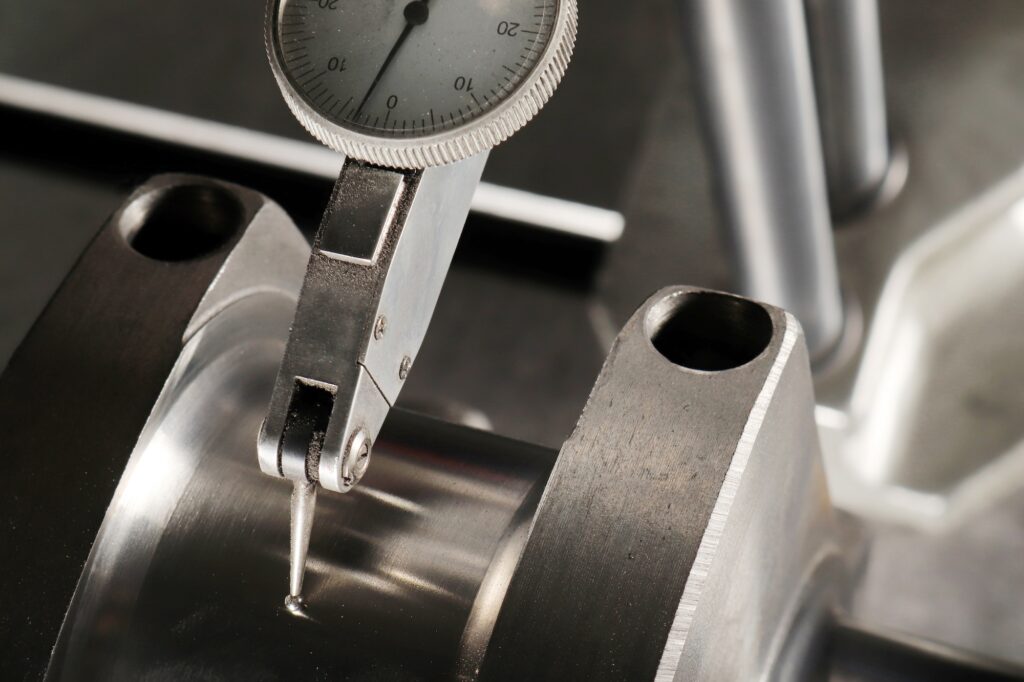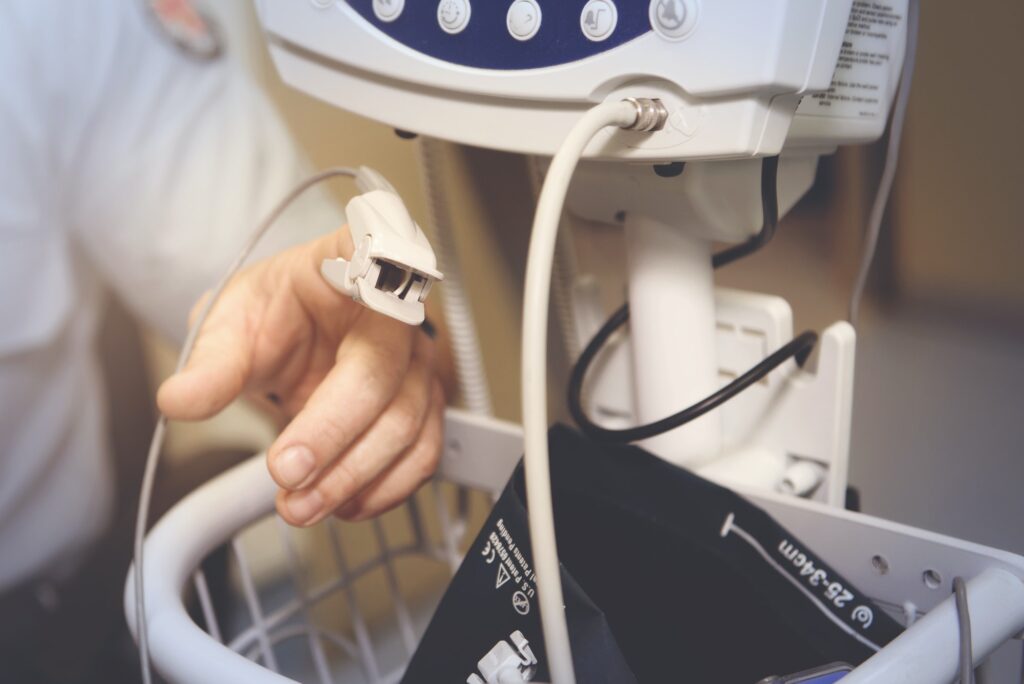As an expert in the CNC machining industry, I am thrilled to share with you the numerous benefits that CNC machining brings to the medical industry and the production of medical parts. CNC machining has revolutionized the manufacturing process, offering precision, efficiency, and versatility that are particularly crucial in the medical field. Let’s dive into the seven key benefits of CNC machining for the medical industry and parts.
1. Unparalleled Precision
Precision is of utmost importance when it comes to manufacturing medical parts. CNC machining, driven by advanced computer programming, enables incredibly accurate and consistent results, ensuring that every component meets the required specifications. With tight tolerances as low as 0.001 inches, CNC machining guarantees the highest level of precision, which is crucial in medical applications such as surgical instruments, orthopedic implants, and medical device components.

2. Versatility in Materials
The medical industry requires a wide range of materials for different applications. CNC machining offers exceptional versatility, allowing the production of medical parts from various materials, including metals like stainless steel and titanium, as well as plastics and composite materials. Whether it’s a complex implant or a small surgical instrument, CNC machining can accommodate the specific material requirements, ensuring the best performance, durability, and biocompatibility.
3. Efficient Prototyping and Production
In the fast-paced medical industry, rapid prototyping and production are essential. CNC machining streamlines the entire process, from initial design to final production. With computer-aided design (CAD) software, medical parts can be quickly designed and translated into machine-readable instructions. CNC machines can then produce prototypes and final parts rapidly and consistently, reducing lead times and enabling medical professionals to test and evaluate new designs and innovations more efficiently.
4. Enhanced Quality Control
Maintaining strict quality control is crucial in the medical industry to ensure the safety and efficacy of medical devices and equipment. CNC machining offers advanced quality control measures, including real-time monitoring and automated inspections. With the integration of sensors and precision measurement tools, CNC machines can continuously monitor the production process, detect any deviations, and make adjustments in real-time, ensuring the highest level of quality and minimizing the risk of errors.
5. Cost-Effectiveness
While precision and quality are paramount in the medical industry, cost-effectiveness is also a significant consideration. CNC machining optimizes manufacturing processes, resulting in reduced material waste, lower labor costs, and improved efficiency. Additionally, CNC machines can operate continuously, enabling high-volume production with minimal downtime. These factors contribute to cost savings without compromising on the quality and performance of medical parts, making CNC machining an ideal solution for medical manufacturers.
6. Complex Geometries and Customization
Medical parts often require intricate designs and complex geometries to fulfill specific functional requirements. CNC machining excels in producing highly intricate and complex parts, including intricate patterns, curved surfaces, and fine details. With multi-axis capabilities and advanced software, CNC machines can precisely fabricate parts with complex geometries, ensuring a perfect fit and functionality. This versatility also allows for customization of medical parts to meet the unique needs of patients, enhancing the effectiveness of treatments and improving patient outcomes.
7. Scalability and Consistency
In the medical industry, scalability and consistency are essential for meeting the increasing demands of patients and healthcare providers. CNC machining offers excellent scalability, allowing manufacturers to scale up production rapidly without compromising on quality. CNC machines can reproduce identical parts consistently, ensuring uniformity and compatibility across batches. This level of consistency is particularly critical for medical devices and implants, ensuring seamless integration and reliable performance.
Summary
CNC machining has transformed the medical industry by providing unparalleled precision, versatility in materials, efficient prototyping and production, enhanced quality control, cost-effectiveness, the ability to produce complex geometries, and scalability with consistency. These benefits make CNC machining an indispensable tool for medical manufacturers, enabling the production of high-quality, reliable, and innovative medical parts that contribute to advancements in healthcare and ultimately improve patient care.
By harnessing the power of CNC machining, the medical industry can continue to push boundaries, develop cutting-edge technologies, and drive innovation to save lives and enhance the well-being of people around the world.



